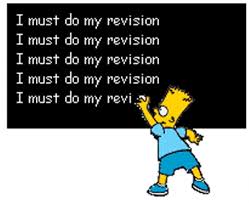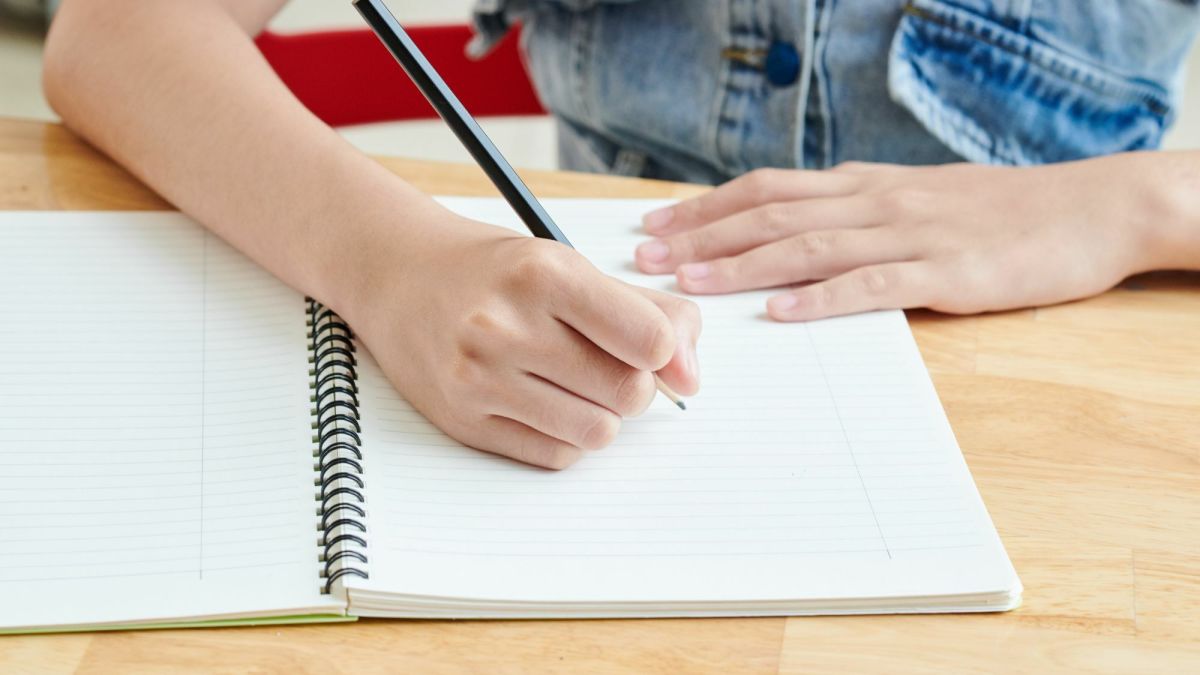How to Easily Write an A+ Research Paper

1. Start Early
Don't wait until the last days before it is due to begin, especially if it's a big project. Break it down into smaller pieces as soon as you receive the assignment. This will help you because it will allow you to think about the topic when you're not pressured to do anything with it. Basically, it will marinate in your brain and begin allowing you to automatically generate ideas and key points when you are not even thinking about your paper.
2. Do the Research First
Find all relevant and useful sources and read them thoroughly before you do any writing. Take excellent notes in exact quotations and get the citation information while you are ahead so that you don't have to go back to your sources at the end. Doing all of the research and reading first makes the writing part much easier.

3. Free Write
Spend some time brainstorming your topic and doing some free writing before you begin planning your paper. Write freely about your topic for the length of a couple of pages or until you run out of ideas. Read what you wrote and highlight any points or sentences that you would like to use in your paper. This gets you in writing mode and it allows the free flow of ideas so that you can go onto the next step of generating your outline.

4. Outline or Map Out Your Paper
It doesn't have to be a super structured outline since it is only for your personal reference. Just map out what you are going to talk about, in which order, and how many pages or paragraphs each subtopic or point will take up. This is useful when you have to write more than three pages and it makes larger papers feel less overwhelming.
5. Start Writing
Write each paragraph according to your map or outline and use your detailed notes to insert supporting evidence for your main points. Don't worry too much about perfection in your first draft. Getting your ideas out and the structure of the paper set up is the most important thing at this stage.
6. Revise
Once you have completed your first draft you can begin the revision process. Revise your content for missing information and check your grammar and spelling for errors. Look up fancy synonyms for some repetitive words to impress your instructor while you're at it.

7. Final Checks
Above all, make sure that your information stays relevant to your topic. Do not stray too far into another subject; there is plenty of relevant and credible information available to cover your main thesis. Make sure that you are making the point that you set out to make and just do the best you can with the resources you have. As you write more papers, it will get easier and practice will make you a better researcher and writer. Never give up!









